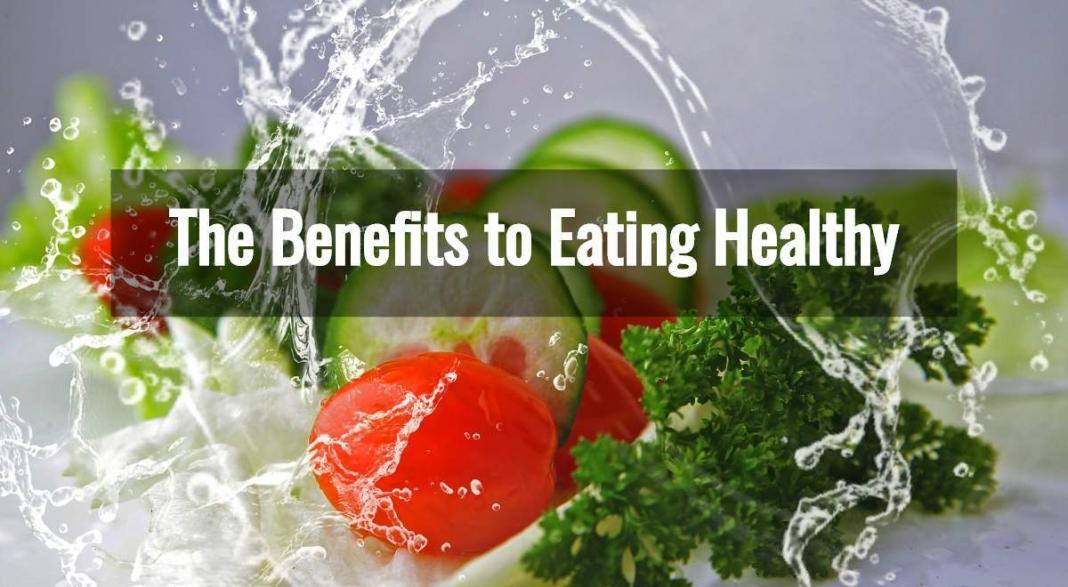What Does ‘Healthy Eating’ Really Mean?
Eating healthy means making healthy food choices supporting your body’s natural processes and ensuring you get the nutrients you need to stay healthy.
This means selecting nutrient-rich foods from all five of the food groups: fruits and vegetables, grains and legumes, and nuts and seeds.
Eating healthy also means avoiding processed foods, high-sugar, high-salt foods, and animal products.
Overview Of Whole Food Plant-Based Diet
What is a Whole Food Plant-Based Diet?
A plant-based diet is a way of eating that emphasizes the consumption of whole, raw plant foods. Fruits, vegetables, mushrooms, beans, nuts, seeds, whole grains, etc.
It also reduces or eliminates animal products like meat, dairy, and eggs, as well as processed foods like oil, sugar, and white rice.
A plant-based whole foods diet has many health advantages, such as improving heart health, losing weight, lowering blood pressure, and reducing the risk of Type 2 diabetes and cardiovascular disease.
Health Benefits of Healthy Foods
There are many health benefits to eating a healthy diet, including lowering cholesterol, lowering blood sugar, lowering triglycerides, and increasing omega-3 fatty acids intake.
Protein-rich foods like legumes, whole grains, etc. play an important role in reducing the risk of heart attack, coronary heart disease, and other chronic conditions.
Whole grains, fruits, and vegetables are all great sources of antioxidants, which are essential for good health.
Weight Management and Healthy Weight Maintenance
You can eat larger quantities without going overboard when following a whole food plant-based diet because it naturally dilutes calories.
Eating a healthy diet can help you lose weight without having to restrict yourself, limit what you eat, or count your calories.
Nutrient-rich foods like fruits and vegetables, beans, and whole grains can help you keep your weight in check while satisfying your hunger every day.
Reduced Risk of Heart Disease and Improved Heart Health
A WFPB diet and a healthy lifestyle can help prevent, treat, and potentially reverse heart disease, which is India’s highest-coveted disease according to the global burden of disease study.
A WFPB diet has been shown to lower the risk of heart disease by lowering blood pressure, cholesterol, and obesity.
WFPB diets are also known to reduce inflammation, which is associated with a higher risk of cardiovascular disease. In addition, WFPB diets can also help lower the risk of developing type 2 diabetes, another major contributor to heart disease.
The Risk of Cancer is lower
Eating a plant-based diet can help lower your risk of developing cancer and extend your life expectancy. Plant-based foods are rich in phytochemicals that help prevent DNA damage from free radicals.
These compounds also have anti-inflammatory and immunosuppressive properties, both of which are associated with a heightened cancer risk.
Furthermore, did you know that a diet high in wholesome foods, such as whole-plant meals, might enhance the health of your telomeres?
What are telomeres? A telomere is the name for the end of a chromosome. As you get older, your telomere shrinks.
Eating a nutritious diet can help to keep your telomere longer, which can improve your longevity.
Improved Brain Health and Cognitive Functioning
What is Alzheimer’s disease? Alzheimer’s disease is a degenerative disease of the brain and nervous system that has long-term effects on memory, thinking, and behavior.
Dementia is the most common type of dementia and is caused by the accumulation of amyloid deposits in the brain.
These plaques may be the result of atherosclerosis, as well as damage and narrowing of arteries in the brain, according to new studies. This limits blood flow to different areas of the brain, resulting in cell death and damage. This is what causes dementia.
Nutritional Benefits of a Whole Food Plant-Based Diet
Plant-Based Protein Sources vs Dairy, Fish, Meat, and Seafood
Proteins derived from animals, such as milk, fish, meats, and seafood, contain high levels of saturated fats and cholesterol, both of which have been linked to an increased risk of atherosclerosis, a type of cardiovascular disease.
The so-called “lean proteins” also contain hormones and antibiotics, which can be damaging to your health.
In contrast, plant-based proteins, like those found in beans, nuts, and seeds, as well as whole grains, are known to have lower saturated fat levels and cholesterol.
They are also packed with fiber, vitamins, and minerals that promote a strong immune system.
Fruits and Vegetables as Mineral and Vitamin Sources
Fruit and vegetables are a great source of a variety of vitamins, minerals, and phytonutrients.
Berries are particularly high in antioxidants, which help protect against free radicals and inflammation.
Leafy greens are the most abundant in antioxidants. They are rich in vitamins A, C, and K, as well as folate, which aids in cognitive health.
Phytochemicals found in fruits and vegetables, such as polyphenols, play an important role in reducing the risk of cancer and other chronic diseases.
Are Coconut Oil, Olive Oil, and Dark Chocolate Good Sources of Fats?
Fatty foods like full-fat milk, fish, meats, and seafood contain high levels of saturated fats and cholesterol, both of which have been linked to an increased risk of atherosclerosis, a type of cardiovascular disease.
Excessive consumption of these foods can lead to poor nutrition, which can lead to early heart disease.
Consumption of trans fats, such as those found in yogurt and curds, as well as buttermilk and palm oil, as well as vegetable oil, should also be restricted as they have been associated with adverse health effects.
Nuts, seeds, nut butter, and other plant-based sources of healthy fats are much healthier. That’s because they contain essential nutrients like dietary fibers, vitamins, and minerals that support many health benefits.
Sources of Complex Carbohydrates: Bread and Grains
A well-balanced diet is a key component of overall health and well-being.
White bread, refined carbs, starchy foods, and other processed grains are considered to be unhealthy because they have lost some of their nutrients.
Eating a Balanced Diet for Optimal Health
To sum up, a well-balanced diet with lots of fruits and veggies, whole grains, beans, nuts, and seeds is the key to good health.
In addition to reducing the risk of disease, these foods also provide essential vitamins, minerals, and antioxidants to promote overall health.
You may also like,







